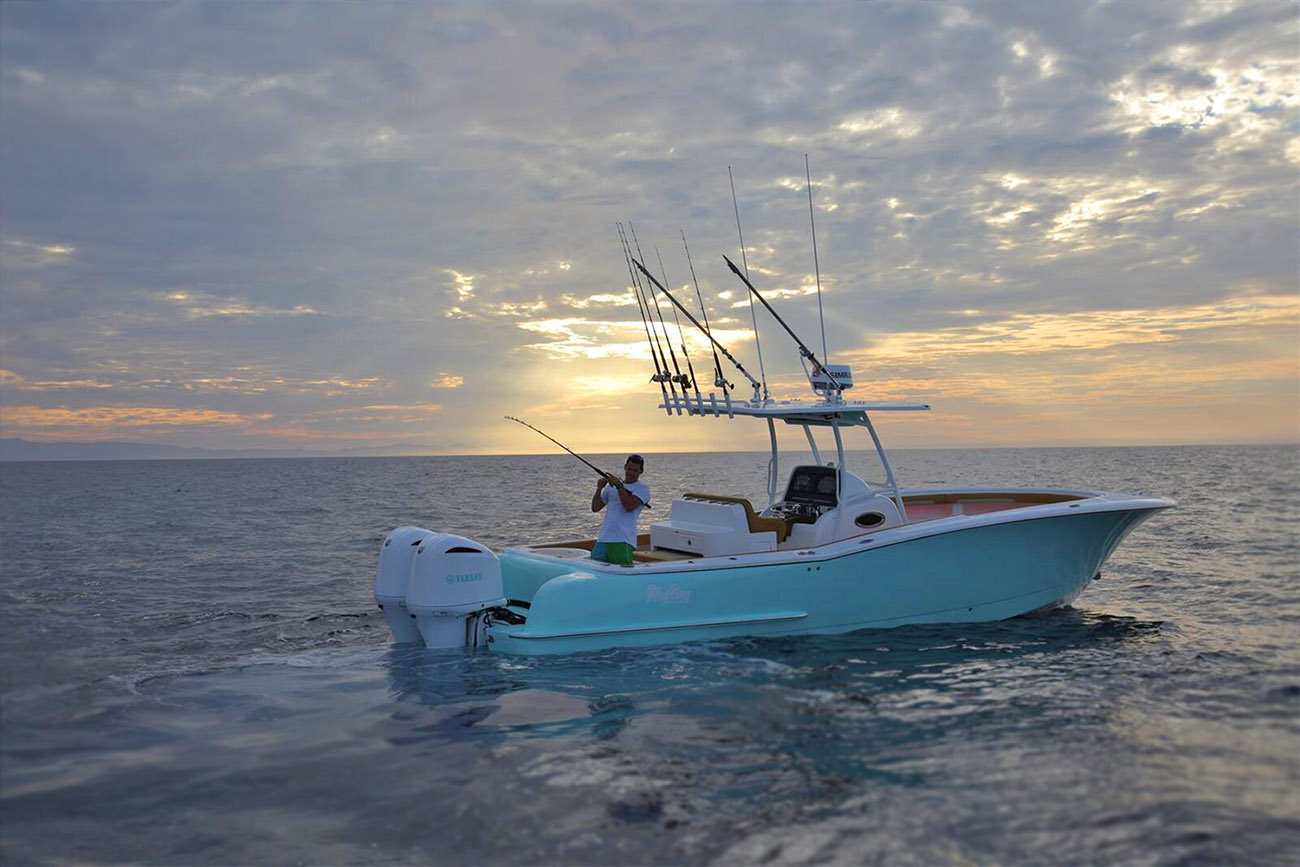How to Choose a Good Anchorage

What boater hasn’t dreamed of dropping a hook in some secluded cove to go for a swim, enjoy a sunset or spend the night under the stars? Of course, there’s a lot more to it than just releasing your anchor any old place you want. Here are a few tips to help you pick out a great anchorage.
Do Your Homework. If your plan is to just stumble upon a good anchorage, think again. Choosing an anchorage on the fly, when you might discover there is not a suitable one available, is a recipe for disaster. Pick out your anchorage ahead of time. You’ll discover tons of great information in guidebooks and online. Check your charts, and be sure to pick two or three options in case your first anchorage is crowded or has problems.
Look for Protection. When picking an anchorage, you want a place that will give you the most protection from wind and waves. You won’t have a peaceful night on the hook if waves are knocking your boat around. Consider the direction that wind and waves will be coming from, and tuck into a harbor or behind an island where you’ll be shielded from rough conditions.
Consider Potential Hazards. Be sure to consider any possible hazards you might encounter in the anchorage. Are there many dangerous rocks or changing currents? How about shoals? Is it crowded with boat traffic, and will you be dodging freighters or ferries? Are there cables or chains at the bottom?
Look for Good Holding. While it can be hard to know for sure what is at the bottom, you’ll often find bottom conditions noted on charts, with an “S” for sand and an “M” for mud. Think about your type of anchor when considering where to drop your hook, as some anchors work better in soft mud while others are better in hard sand. Also, be sure to avoid sloping or grassy bottoms.
Choose the Right Depth. What seems like a perfect anchorage at high tide can be a disaster if, come low tide, you find yourself sitting in mud. Check the area’s tidal range to make sure you won’t end up grounded. Also, make sure the water isn’t too deep, or you’ll have trouble holding.
Give Yourself Room. Your boat might be anchored, but it is still moving. Even with just a little breeze, your boat could swing around on its line. Be sure to give your boat enough room so it can swing in a circle around the anchor. And make sure not to anchor upwind of another vessel so you don’t end up over their anchor.
